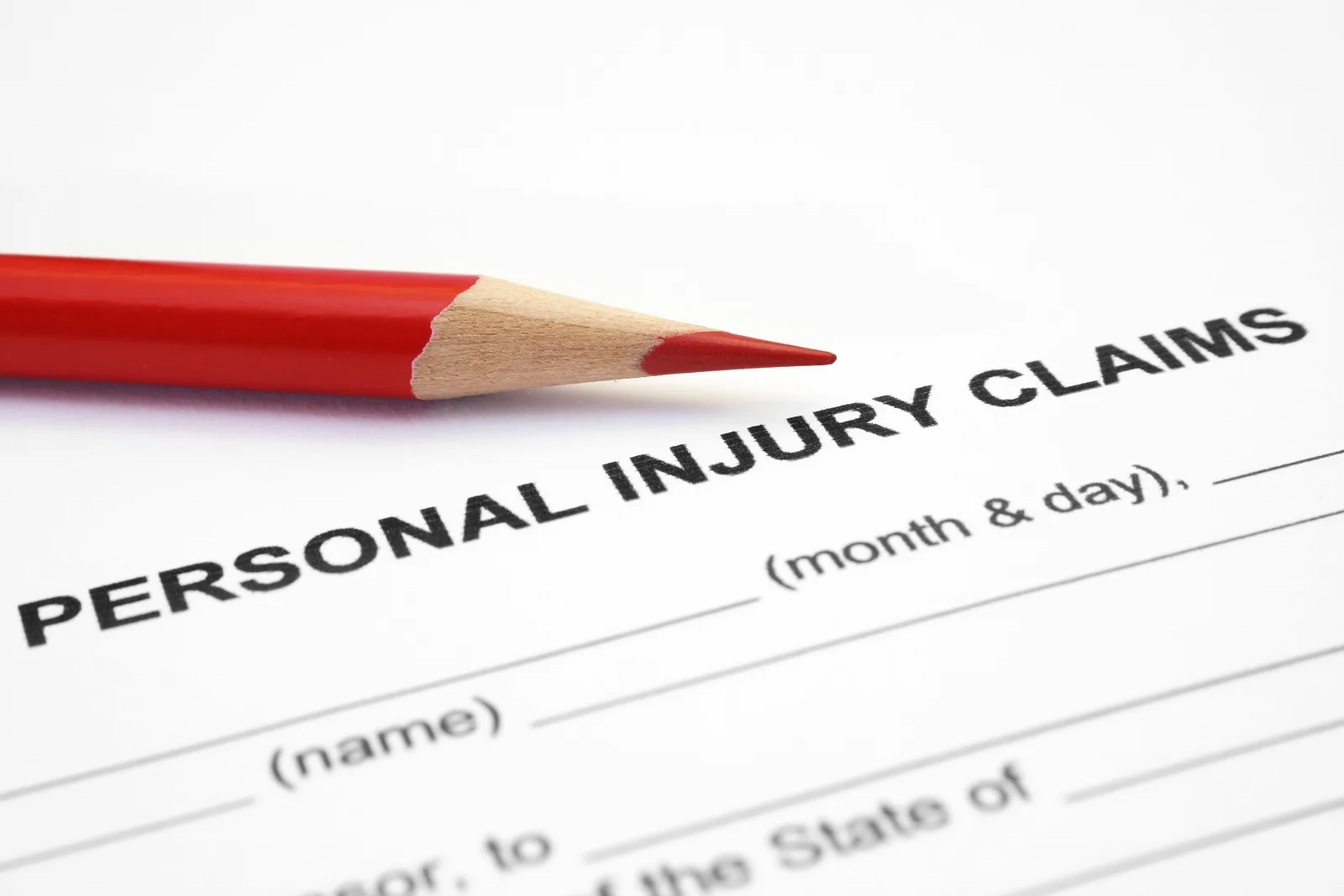Mon to Sun - 24/7 365
HomeHow to Appeal a Car Insurance Claim Decision
How to Appeal a Car Insurance Claim Decision
Table of Contents
Toggle
Understanding the Appeal Process
When your car insurance claim is denied, it can be a frustrating and confusing experience. However, it’s important to remember that you have the right to appeal the decision. This guide will walk you through the steps necessary to challenge your insurer’s decision effectively.



